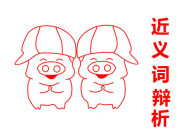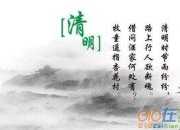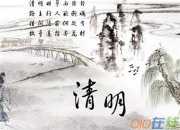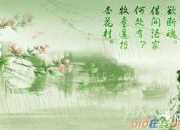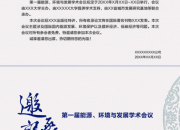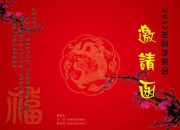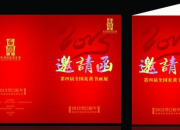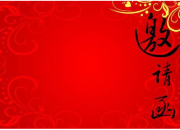外国大学入学申请书
时间:2021-08-31外国的大学入学是需要自荐式的申请书的,下面就是小编为您收集整理的外国大学入学申请书的相关文章,希望可以帮到您,如果你觉得不错的话可以分享给更多小伙伴哦!

篇一:外国大学入学申请书
I guess it was inevitable that I’d be on hockey skates at some point in my life, but I did not expect that I’d become one of a rare group of female ice hockey officials before I even reached high school. Being born into a family of hockey players and figure skaters, it seemed that my destiny had already been decided.
Right from the beginning, my two older brothers and my father strapped me up and threw me onto the ice. I loved it and, in my mind, I was on my way to becoming a female Gretzky! But my mom had to think of something fast to drag her little girl away from this sport of ruffians. Enter my first hot pink figure skating dress! That was all it took to launch fifteen years of competitive figure skating. Even though figure skating soon became my passion, I always had an unsatisfied yearning for ice hockey. It took a great deal of convincing from my parents that competitive figure skating and ice hockey didn’t mix. My compromise became refereeing ice hockey; little did I know that I was beginning an activity that would influence my character and who I am today. When I began, I would only work with my dad and brothers. Everyone was friendly and accepting because I had just started. I soon realized though that to get better I needed to start refereeing with people I wasn’t related to, and that’s when my experience drastically changed. An apologetic smile and an “I’m sorry” wasn’t going to
get me through games now. As I began officiating higher-level games and dealing with more arrogant coaches, I suddenly entered a new male-dominated world, a world I had never experienced before. My confidence was shot, and all I wanted to do was get through each game and be able to leave. Sometimes I was even too scared to skate along the teams’ benches because I would get upset by what the coaches would yell to me. “Do you have a hot date tonight, ref?” was a typical comment that coaches would spit at me during the course of a game. In their eyes, I did not belong on that ice, and they were going to do whatever they could do to make sure no women wanted to officiate their games. I was determined not to let them chase me off the ice.
I made the decision to stand up for myself. I never responded rudely to the coaches, but I did not let them walk all over me and destroy my confidence anymore. I started to act and feel more like the 4-year certified Atlantic District Official that I am. There were still a few situations that scared me. One time I called a penalty in a championship game during the third overtime and the team I penalized ended up losing because they got scored on. I knew I had made the right call, even though I was unnerved when I saw the losing teams’ parents waiting for me at my locker room; for the moment I wished I hadn’t called that penalty. Although it was scary at the time, I stood my ground and overcame my fears. That was an important
stepping-stone in my officiating career and in my life.
After four years of refereeing, I still can’t say it’s easy. Every game hands me something new and I never know what to expect. Now I have the confidence and preparation to deal with the unexpected, on and off the ice. I now also know take everything with a grain of salt and not let it get to me. I have learned that life is just like being out on the ice; if I am prepared and act with confidence, I will be perceived as confident. These are the little lessons that I’m grateful to have learned as a woman referee.
Things to Notice About This Essay
1. The author tells an interesting story about her experiences as a referee.
2. A sense of her personality—determination, flexibility, good humor—comes through in the narration.
3. Details like “Do you have a hot date tonight, ref?” make the narration memorable (we’d love to hear more of these kinds of details).
4. The essay needs a faster start. The first paragraph (three sentences) says the same thing in both the first and third sentences—and gives away the essay’s surprise in the second! A good revision would all of paragraph one and start at paragraph two.
5. There’s too much frame here and not enough picture. The essay needs further development, especially about the difficulties of
becoming and being a ref, to keep it vivid.
6. The author should “dwell” in the meaning of the experience a little more at the end—“I wonder about…I also think…Sometimes I believe….” Significant experiences like this one, woven through many years of the author’s life, don’t mean just one thing—there are more insights and lessons to explore here.
